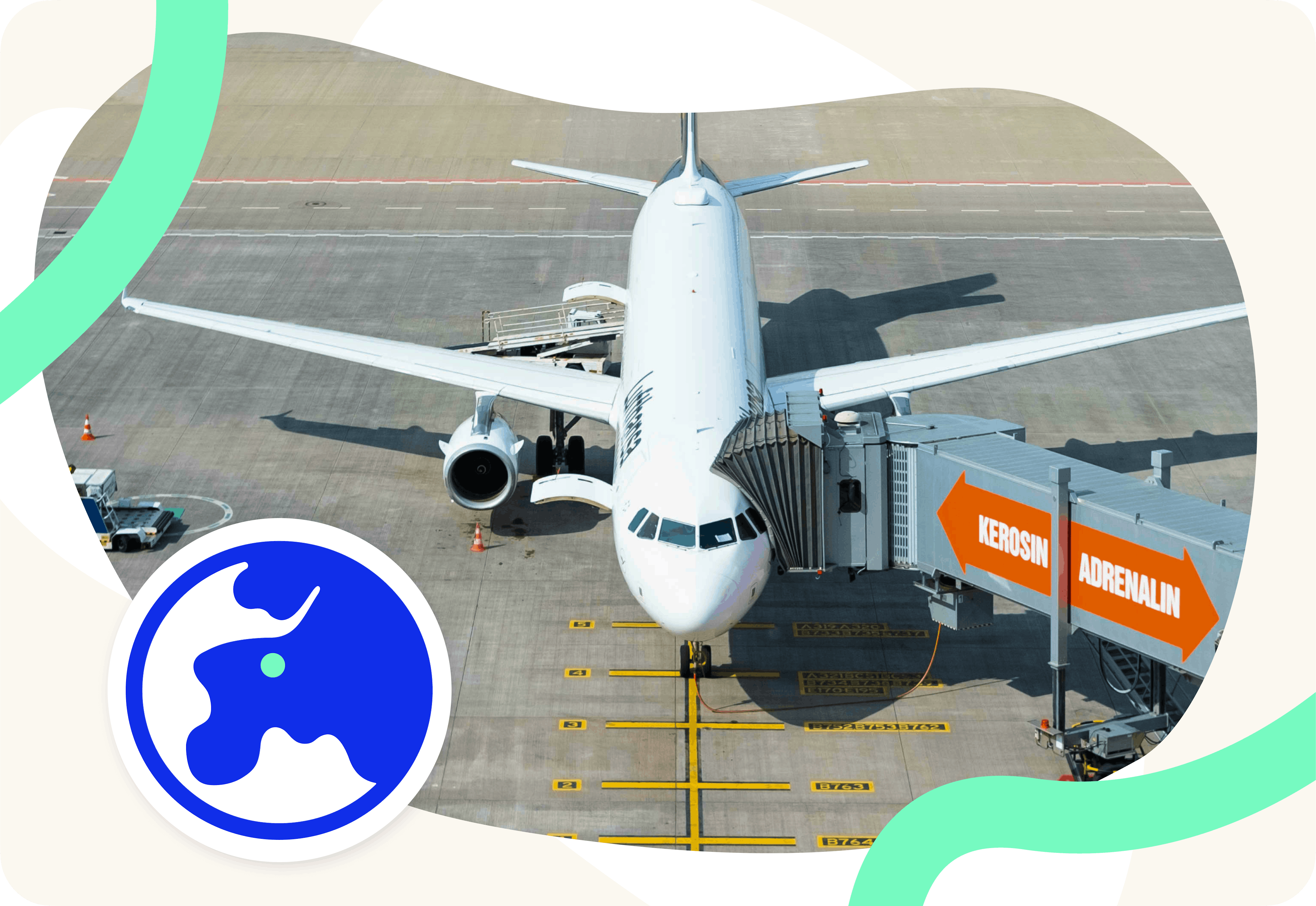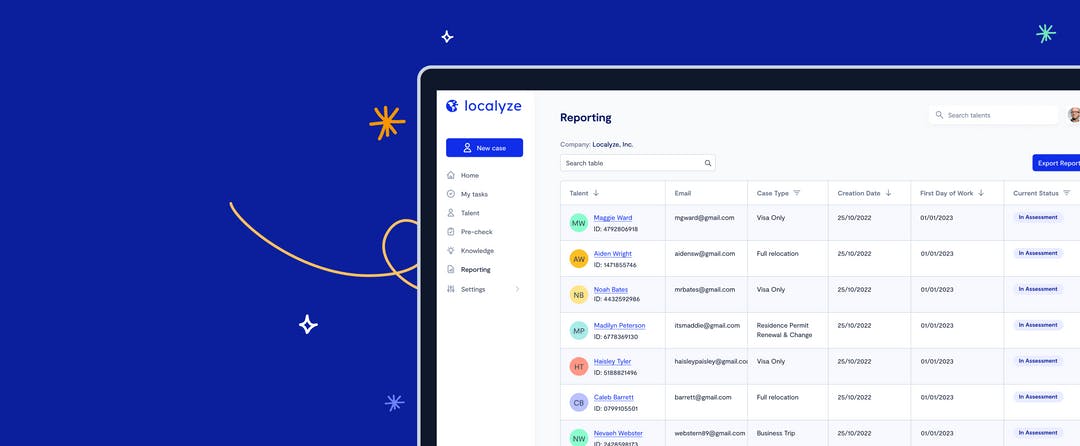Germany continues to face labor shortages across multiple industries and is about to kick off a series of updates to its immigration laws to combat the national workforce problem. According to the IAB, Germany experienced a record-high worker shortage in 2022 with over 1.74 million vacant spots.
Germany’s three-part immigration initiative begins in November, with subsequent phases scheduled for March and June 2024, and presents a wave of conveniences for relocating workers, particularly Blue Card holders.
These revised regulations enable relocating employees to qualify for immigration based on vocational certifications and professional experiences, rather than relying on conventional academic qualifications and hiring pathways. By doing so, Germany can attract more qualified skilled workers from beyond the EU to resolve the labor shortage issue.
Shifts in Germany’s Immigration Practices
Germany’s upcoming immigration regulations reduce the salary threshold for Blue Card holders. These criteria reductions extend to bottleneck professions, junior roles, and other vacancies. The country plans to revise visa and immigration criteria to attract a larger number of skilled non-EU workers.
Increased Mobility
The country plans to enhance mobility for Blue Card-holding EU citizens. These immigration policy updates fall under two categories:
- Short-term workers hired by employees may conduct business activities related to their careers in Germany for a period of 90 days. Relocating workers on short-term visits need not apply for work permits or visas for their stay.
- Qualified workers with relevant vocational certifications and degrees may stay in the country while in search of employment. Long-term workers under the scheme are allowed to work up to 20 hours per week to maintain their daily expenses.
The change expedites Germany’s residence permit application process and allows family reunification regardless of income or living space. These reunification arrangements apply to EU Blue Card holders who have lived in another member state with their family.
Eased Criteria
Aside from lowered salary thresholds, workers relocating to Germany can expect more flexible practices for Blue Card holders. For instance, an immigrant worker is entitled to switch to a job outside their field of study (which was previously unaccepted).
The new EU Blue Card also expands the pool of eligible applicants, which includes:
- IT specialists - Germany will provide skilled IT experts with the opportunity to obtain an EU Blue Card, especially if they have an industry specialization in high demand. The latest regulation update also reduces an IT specialist's required industry experience from three to two years.
- Entry-level workers - Relocating workers who graduated from university within the last three years may apply for Germany’s Blue Card. Applicants qualifying under this category must also earn a minimum salary of 45.3% of the annual assessment ceiling for pension insurance (currently around €39,682.80).
- A wider pool of bottleneck profession candidates - Germany’s updated immigration policy welcomes a greater diversity of applicants in bottleneck professions including dentists, school and out-of-school teachers and educators, veterinarians, and manufacturing, mining, construction, or distribution managers.
- Professional drivers - November’s immigration regulation update eases the employment process for drivers relocating to Germany. The new rules eliminate the need for an EU or EEA driving license and language skill requirements. Germany also removes priority checks during these hiring campaigns to provide expats with equal job opportunities.
Ultimately, Germany’s latest immigration rules simplify the relocation process, particularly for non-EU individuals. According to German authorities, the country aims to increase the number of non-EU workers in Germany by 60,000 per year through these policies.
Further Updates in German Immigration For 2024
The second and third phases of Germany’s Skilled Immigration Act feature additional policy revisions that further streamline an employee’s corporate relocation.
March 2024
Germany’s new ruling aims to extend residence permits (for completing adaptation measures) from 18 to 24 months when issued to workers for the first time. Your worker may choose to further extend the duration by 12 months for a total of three years.
The immigration updates in March would also see a wider acceptance of foreign qualifications under recognition partnerships and skills analysis conducted in Germany. Policy introductions in March could drive a more inclusive approach to immigration in Germany, through accepting employment opportunities for international students and extensions for apprenticeship.
June 2024
The final phase of Germany’s Skilled Immigration Act focuses on the implementation of a job search opportunity card (chancenkarte). Relocating workers can receive the immigration card with full recognition of their foreign qualifications or by providing the necessary documents that prove their vocational expertise.
These job search opportunity cards remain valid for up to a year and recipients must prove their ability to financially support themselves during the period. Germany also requires job search opportunity applicants to score a minimum of six points to obtain the card, by fulfilling criteria such as professional experience, relations living in Germany, age, and language proficiencies.
Optimizing Global Mobility in Germany
While Germany is a land brimming with work opportunities, it is necessary to keep up with the latest immigration regulations to provide employees with a frictionless relocation experience. Partnering with a dedicated relocation platform like Localyze enables you to handle residential permits, Blue Card visas, and every other German immigration concern with trusted guidance and support from a centralized hub.
Book a demo with Localyze to discover the most strategic approach to relocating your employees in Germany, by always staying one step ahead of every bureaucratic process.

